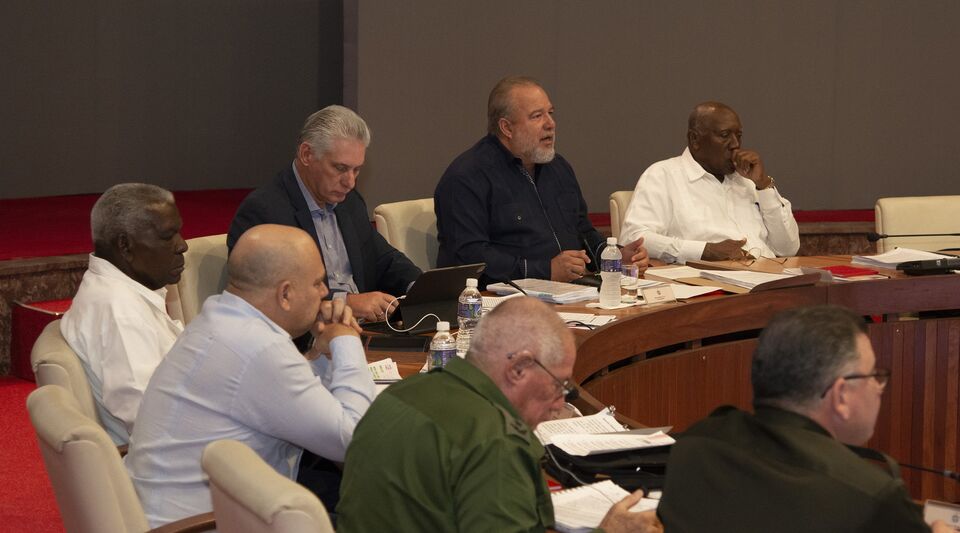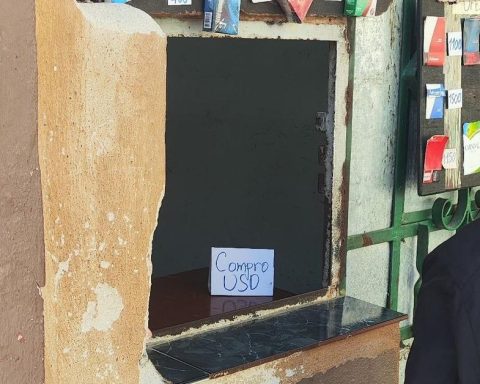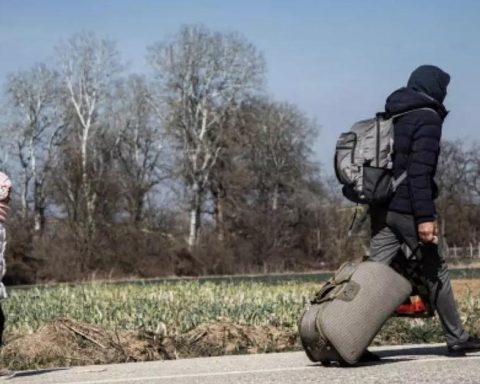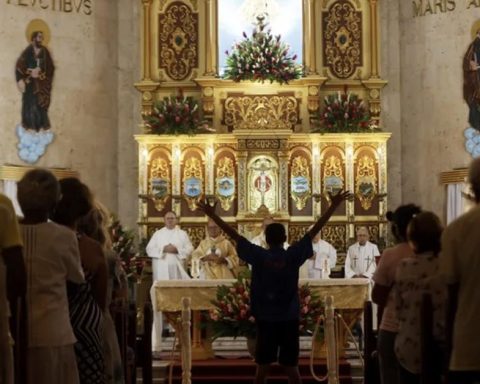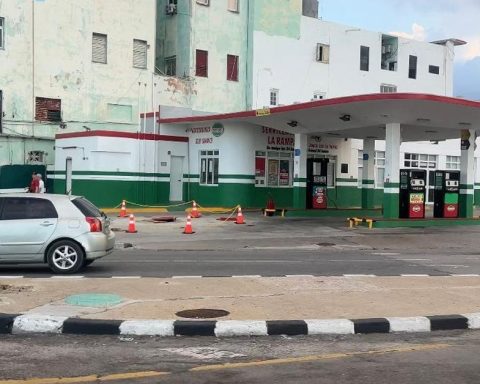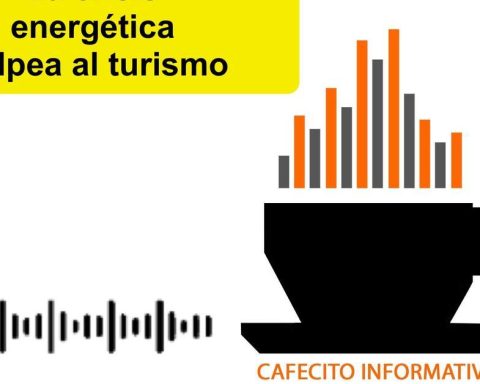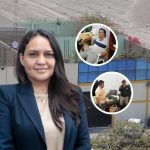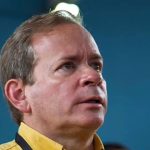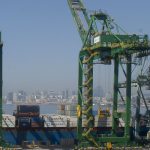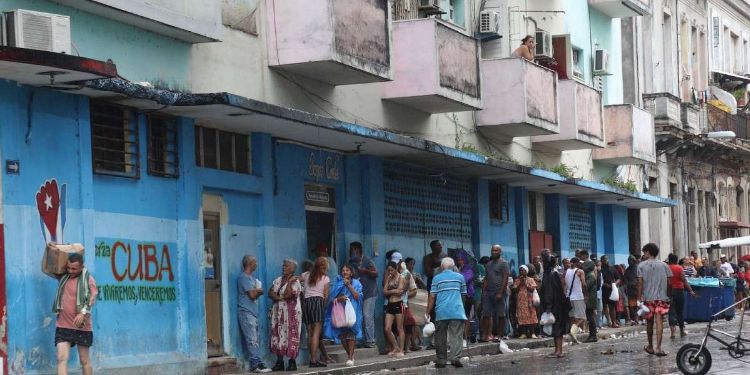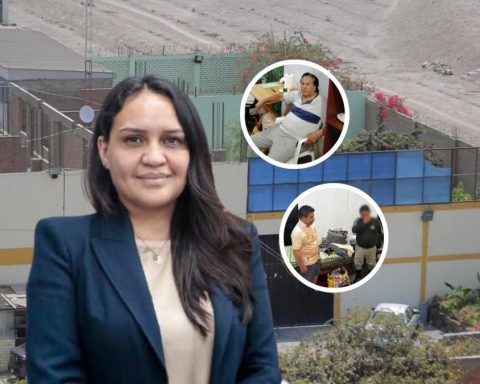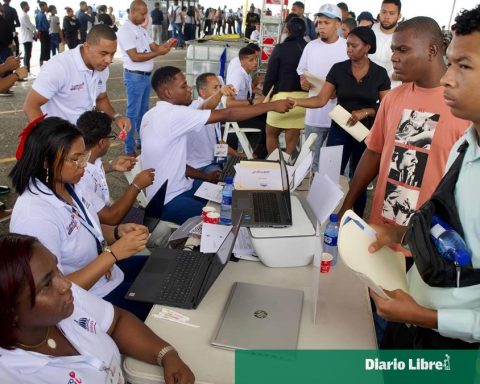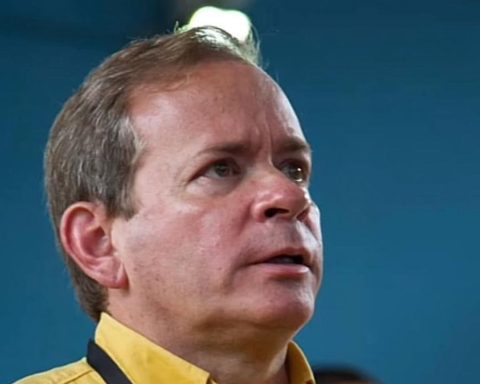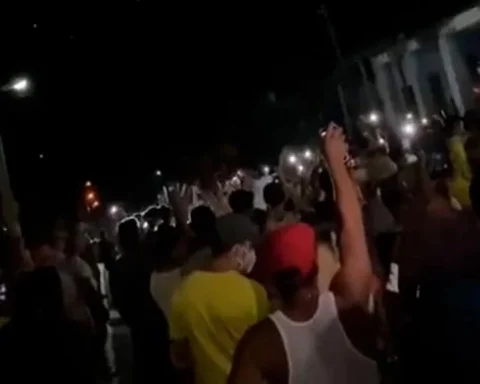The Cuban authorities have deployed 40 measures “aimed at a greater confrontation with crime, corruption, illegalities and social indiscipline,” Prime Minister Manuel Marrero announced this Wednesday at the Council of Ministers.
The plan is centered on three axes. On the one hand, the control systems for new “economic actors”, presumably private companies. In this sense, aspects such as the increase in the imposition of fines, an increase in the body of inspectors, attention to the complaints of the population –predictably due to prices higher than those set– and more supervision in the areas where the commercialization is concentrated are included.
The second leg is the study and detection of people “with marginal behaviors or behaviors” and “the population fit for work that is disconnected from study and work.” The last one is the implementation of “options for differentiated insertion” for students in conditions of vulnerability.
The second leg is the study and detection of people “with marginal behaviors or behaviors” and “population fit for work that is disconnected from study and work”
In addition, the prime minister advanced that there will also be measures for the state sector, presumably increasing the accountability of cadres, officials and public employees.
The announcement was followed by a dogmatic statement by the president, Miguel Díaz-Canel, in which he did not hesitate to describe as “illegal, rogues, lumpen, lazy and corrupt” those who “do not work and do not contribute.” However, the official press has highlighted the speech above the measures, still not very concrete, and other economic issues that came to light at the meeting, including the bad tourism data, well below the official objective.
The president, after speaking of the corruption and abusive prices suffered by Cubans – in reference not to the state’s hard-currency stores, but to the black market – took action against the fact that “those who don’t work, don’t contribute and are illegal, earn more and have more possibilities to live than those who really contribute”. “There we are upside down, we are breaking the concepts of socialism,” he explained, later transferring the responsibility to the territories “where action is not being taken against what was wrongly done.”
Díaz-Canel assumed that the “revolutionaries” have favored or ignored the corruption that occurs before their eyes and neglected their obligation to act, which is why he asked the ruling party as a whole – from the Government to the mass organizations through all levels local and provincial – to assume a leading role against this situation.
“No one has a political system like us that can consistently confront these demonstrations,” he said, after denouncing that tolerating illegal activity does not favor anyone and claiming that it is not about anyone having less, but about sharing what there is. “allowing no room for knavery and abuse.”
The leader added that most people cannot buy at black market prices and that those who can do so do so because they do the same thing. “We have been created a caste within which an illegal and corrupt mercantile exchange takes place, with an underground and illegal economy. And that is socialism, that is what we want? Is that what causes development? No, it does not is,” he said.
Díaz-Canel, who recalled as an example the operation of the last week in the lower part of the bridge at 100 and Boyeros, in Havana, he accused young people of being responsible for most of these criminal acts. “The Revolution was not made for that and has given all the opportunities for young people to study and to have work,” he replied, in the midst of a wave of young adults who leave the country due to lack of opportunities, including a multitude of stars. sports, artists and even official journalists.
The president defended that taxes in Cuba are not so that the rich are richer, but so that “those who have more give up a part and those who have less are better off”, a principle that, in his opinion, “is not being defending well”
In addition, the president defended that taxes in Cuba are not for the rich to be richer, but rather so that “those who have more give up a part and those who have less are better off,” a principle that, in his opinion, “does not He’s defending himself well.” The comment, striking in a country that allegedly experienced a revolution to abolish social classes, can also be understood as a self-criticism if the distribution of State income – practically unknown, due to the lack of detail in the budgets – is not being adequate .
In his statement, Díaz-Canel also emphasized the difference between a vulnerable person and one who does not want to work, the latter, he insisted, cannot receive from the State without contributing. “The first aid cannot be welfare, we must provide him with a job so that he can improve his living conditions. Those things, he affirmed, we have to change now. All these elements we have to, little by little, with conviction, explanation, argumentation, with adequate government policies and public policies, fix them, because otherwise society will mess us up and we won’t move forward,” he argued.
The Council of Ministers also reviewed items on the agenda such as the balance of exports, which grew by 108% in September, highlighting honey, mechanized tobacco, rum, lobster and nickel. In global terms, Cuba continues to import much more than it exports, 8,431 million dollars for purchases abroad and just 1,966 million dollars for sales in 2021. Road safety and the approval of upcoming regulations were also discussed, including that of Mediation of Conflicts – and the business portfolio that will be presented at the next International Fair in Havana.
________________________
Collaborate with our work:
The team of 14ymedio is committed to doing serious journalism that reflects the reality of deep Cuba. Thank you for joining us on this long road. We invite you to continue supporting us, but this time becoming a member of our newspaper. Together we can continue transforming journalism in Cuba.
